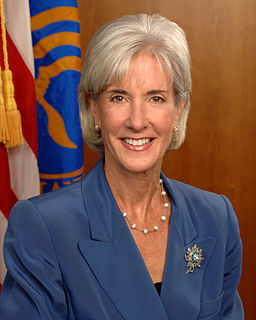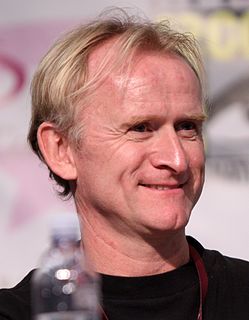A Quote by Marcel Duchamp
Living is more a question of what one spends than what one makes.
Related Quotes
I think morality is more important than ever before. As we gain more power, the question of what we do with it becomes more and more crucial, and we are very close to really having divine powers of creation and destruction. The future of the entire ecological system and the future of the whole of life is really now in our hands. And what to do with it is an ethical question and also a scientific question.
According to the Tax Foundation, the average American worker works 127 days of the year just to pay his taxes. That means that government owns 36 percent of the average American's output-which is more than feudal serfs owed the robber barons. That 36 percent is more than the average American spends on food, clothing and housing. In other words, if it were not for taxes, the average American's living standard would at least double.
People want their reason for living to be a singular thing, like a career or a relationship, because this makes an individual feel secure in the physical world. We don't fare well in the realm of the invisible - so telling someone that their purpose is multilayered and includes the arduous journey of discovering who they really are is not always the answer they want to hear. But consider the complexity of the question: "What is my reason for living?" How can that question not include a journey into the depths of your own life?







































